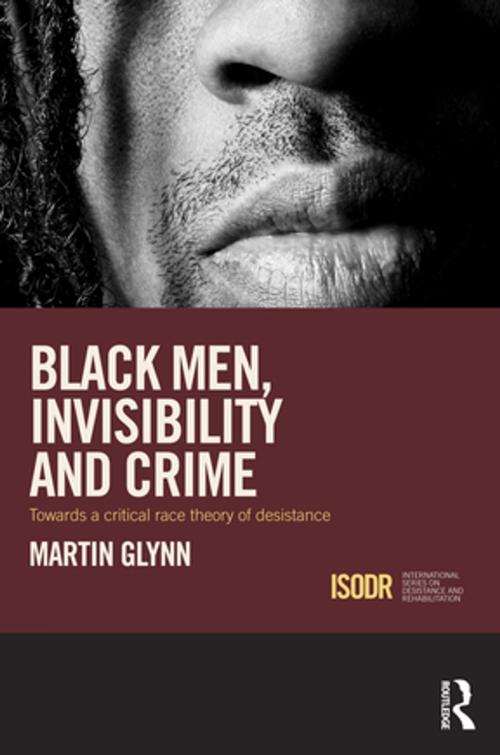Black Men, Invisibility and Crime
Towards a Critical Race Theory of Desistance
Nonfiction, Social & Cultural Studies, Social Science, Crimes & Criminals, Criminology| Author: | Martin Glynn | ISBN: | 9781134709335 |
| Publisher: | Taylor and Francis | Publication: | December 4, 2013 |
| Imprint: | Routledge | Language: | English |
| Author: | Martin Glynn |
| ISBN: | 9781134709335 |
| Publisher: | Taylor and Francis |
| Publication: | December 4, 2013 |
| Imprint: | Routledge |
| Language: | English |
Past studies have suggested that offenders desist from crime due to a range of factors, such as familial pressures, faith based interventions or financial incentives. To date, little has been written about the relationship between desistance and racialisation. This book seeks to bring much needed attention to this under-researched area of criminological inquiry.
Martin Glynn builds on recent empirical research in the UK and the USA and uses Critical Race Theory as a framework for developing a fresh perspective about black men’s desistance. This book posits that the voices and collective narrative of black men offers a unique opportunity to refine current understandings of desistance. It also demonstrates how new insights can be gained by studying the ways in which elements of the desistance trajectory are racialised.
This book will be of interest both to criminologists and sociologists engaged with race, racialisation, ethnicity, and criminal justice.
Past studies have suggested that offenders desist from crime due to a range of factors, such as familial pressures, faith based interventions or financial incentives. To date, little has been written about the relationship between desistance and racialisation. This book seeks to bring much needed attention to this under-researched area of criminological inquiry.
Martin Glynn builds on recent empirical research in the UK and the USA and uses Critical Race Theory as a framework for developing a fresh perspective about black men’s desistance. This book posits that the voices and collective narrative of black men offers a unique opportunity to refine current understandings of desistance. It also demonstrates how new insights can be gained by studying the ways in which elements of the desistance trajectory are racialised.
This book will be of interest both to criminologists and sociologists engaged with race, racialisation, ethnicity, and criminal justice.















